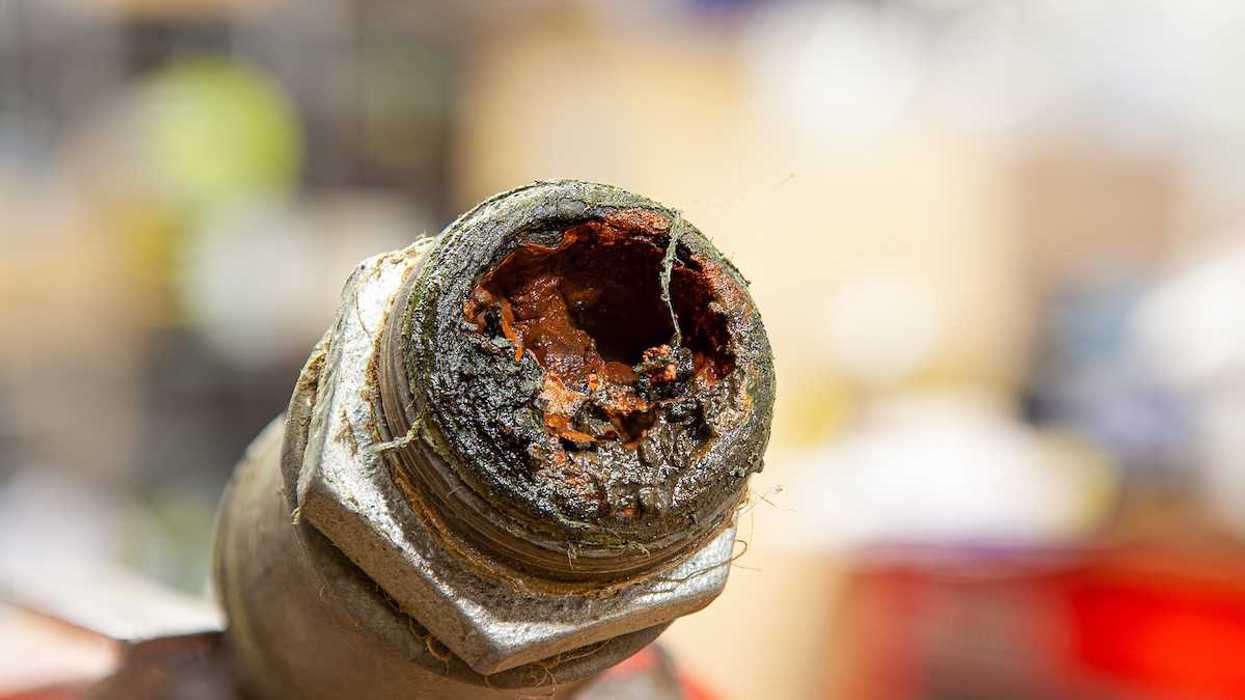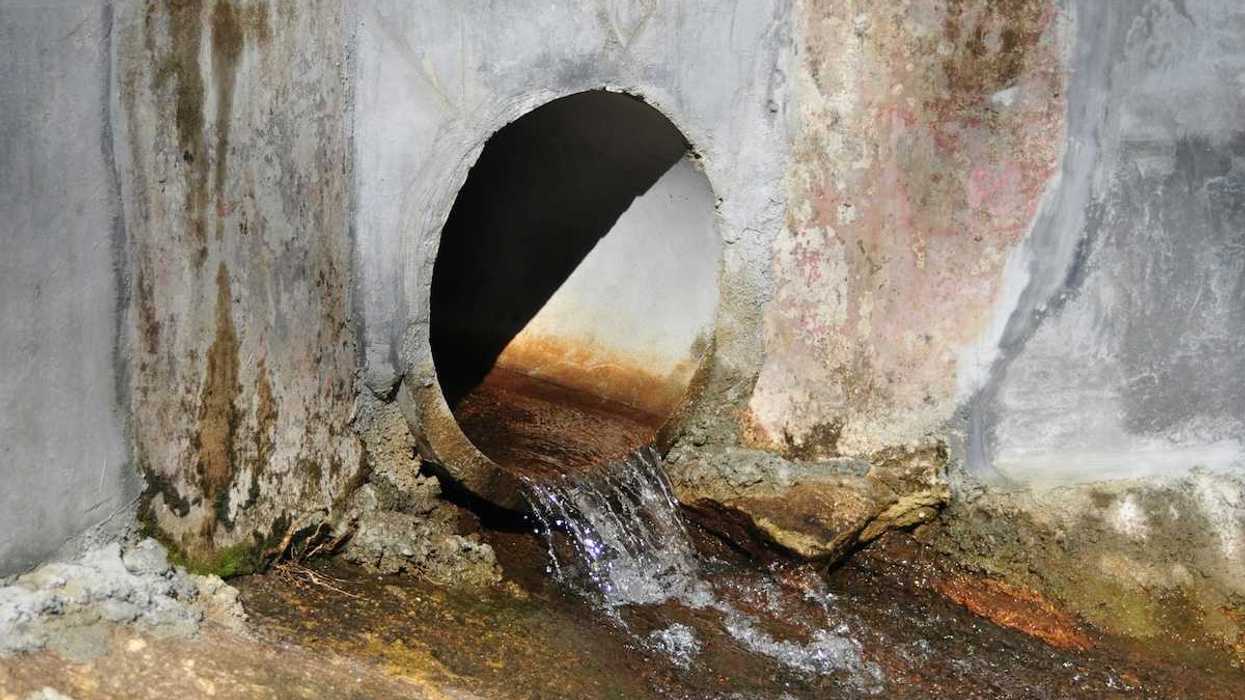In New York State, Caroga Lake leaders are moving forward with the use of ProcellaCOR, despite new concerns about its potential environmental impact. The decision follows a recent vote by the Lake George Park Commission to use the herbicide to control the invasive Eurasian Watermilfoil.
Tyler A. McNeil reports for The Daily Gazette.
In short:
- Caroga Lake officials will begin testing the herbicide ProcellaCOR next month, ignoring recent findings that it may contain harmful "forever chemicals."
- A Minnesota Department of Agriculture study raised concerns about florpyrauxifen-benzyl, an ingredient in ProcellaCOR, labeling it as a potentially hazardous PFAS agent.
- Despite opposition, Caroga Lake officials trust state regulatory agencies' assurance of the herbicide's safety.
Key quote:
“There's no coming back from a forever chemical once it's in the ecosystem. And so we really feel like the Adirondacks should not be the testing ground for this and more independent studies need to be done.”
—Justin Levine, Adirondack Council spokesperson
Why this matters:
The decision to use ProcellaCOR reflects the conflict over managing invasive species and environmental health. Critics worry that the herbicide could disrupt delicate ecosystems, harming non-target species and potentially affecting aquatic ecosystems for generations. They call for a more thorough examination of alternative methods, such as manual removal or biological controls, which might offer safer, albeit labor-intensive, solutions.
Related EHN coverage:














